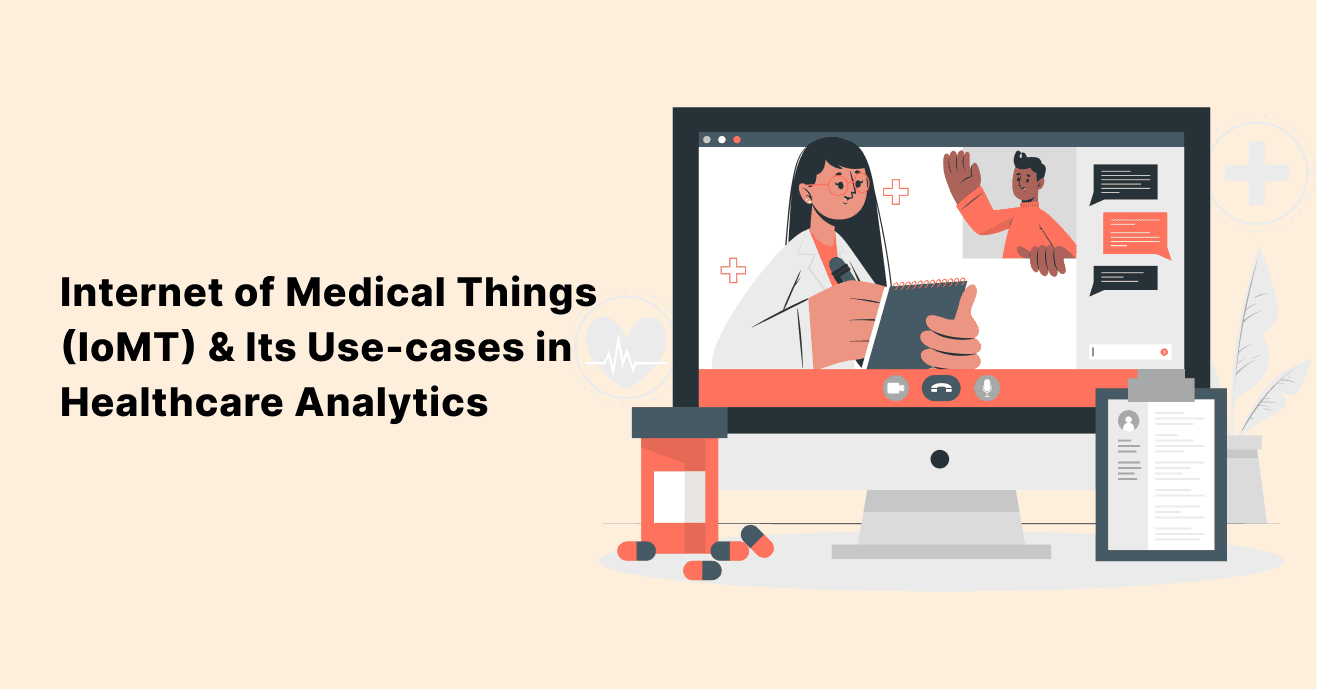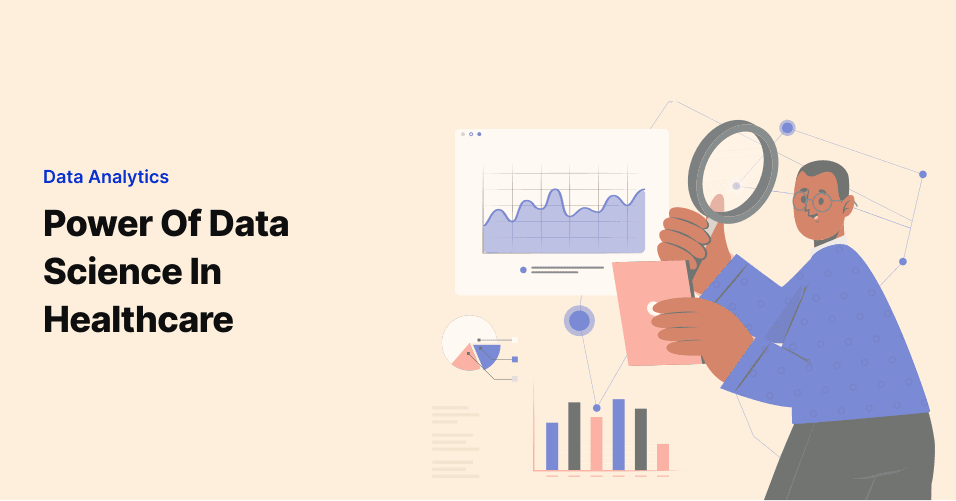
Internet of Medical Things (IoMT) and Its Use-cases in Healthcare Analytics
In today's healthcare landscape, the rise of technological innovations like the Internet of Medical Things …

In an era when data is everything, finding ways to cultivate and drive analytics is a priority in nearly every industry. Healthcare is certainly no exception, especially in light of recent events. Where some healthcare organizations perform better than others, in this realm, is largely dependent on how aggressively health systems pursue integration, aggregation and analysis of structured and unstructured data that may not be readily available straight out of their EHR. Incorporating data science for healthcare use cases is a perfect application of cutting edge technology and thought leadership to derive analytics that tell us more than we ever imagined we could know about our care communities, physician behaviors, disease patterns, our patients and much more.
Many hospital executives are familiar with the concept of AI, both in the general applications of modern life and in select use cases already widely available to healthcare facilities today. However, they’re less likely to have encountered data science for health applications. AI may be a byproduct of a data science engagement depending on the clinical use case, but the discipline is not limited to robotic outputs, so to speak. While it may sound intimidating, data scientists are essentially trained professionals who understand how to compile and organize tremendous amounts of data of all types and develop algorithms or data models to put that information to good use. In a nutshell, they speak data fluently and can translate to whatever language is needed, serving it up in whatever way makes sense.
One of the first opportunities available to hospitals that tap data scientists for clinical use cases is identifying data elements that may be just out of reach given existing healthcare IT solutions, but are nevertheless capable of driving incredibly powerful data models and visualizations to manage patient care or clinical outcomes, among other things. Most of us in the healthcare space are so used to thinking in terms of a fixed set of data — largely that which we know we get from EHRs like Epic or even from interoperability solutions like an HIE — whereas data scientists are apt to search outside these solutions and come up with creative ways to mine for deep data. These pros aren’t going to run from messy, unstructured data or the lack of an easily identifiable way to extract the information. They’re trained to come up with solutions to aggregate info and then run with open-source tools to get what they want.
It’s a beautiful thing to simply articulate a need and allow someone else to come up with the method for making it happen. Too often, health system administrators feel they are limited in terms of what information they can gather and work from, and so they don’t ask for more. By leveraging data science for hospitals, the possibilities expand and really intriguing questions can be asked (and answered) of the full data set that is out there, even if untapped and unrecognized. Developing use cases and analytics-of-interest can shape the type of metrics that data scientists can (at the very least attempt) to track down and bring into the data model, or, in the absence of an effective mechanism to capture and extract needed information, come up with an algorithm to “learn” what needs to be extrapolated to drive results.
We are far too willing to accept what is already developed and “on the shelf” when it comes to analytics for hospital systems. Embracing data science means that large hospital networks can craft visualizations and predictive models for their care community in ways that are uniquely beneficial and impactful for their needs and desires. There is no shortage of things we want to know and understand to better facilitate the care of patients and the ability of providers to manage that care, and data science for healthcare brings great promise for revolutionizing the industry for the better.
Join over 3,200 subscribers and keep up-to-date with the latest innovations & best practices in Healthcare IT.

In today's healthcare landscape, the rise of technological innovations like the Internet of Medical Things …

The healthcare sector has undergone transformative changes following COVID-19, with a marked increase in …

The healthcare sector is under constant obligation to meet regulatory requirements and demonstrate fiscal …